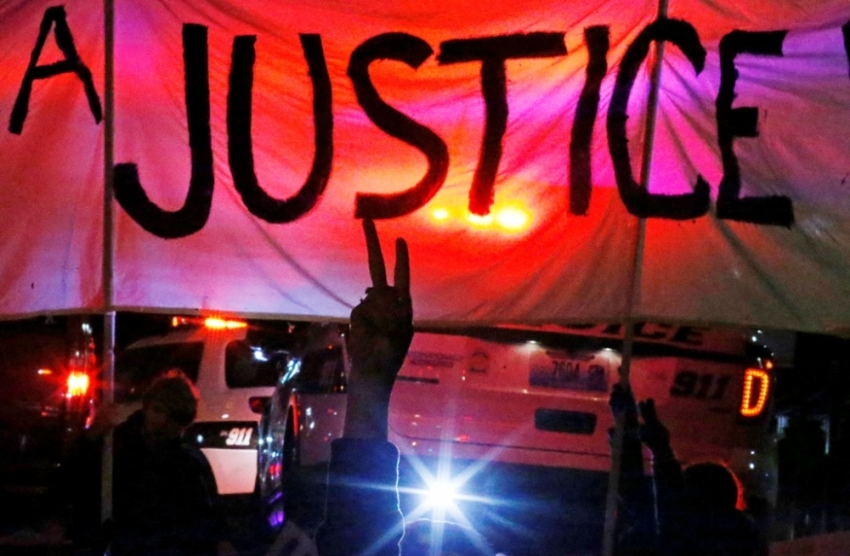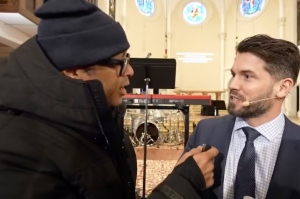What does social justice mean to Christians?

In our politically correct culture, the term “social justice” is used rather loosely these days. But for the Christian, social justice must be based on biblical truth, or it’s not just at all.
If you want “to do justice, and to love kindness, and to walk humbly with your God,” you must exercise discernment (Micah 6:8).
A new book, ConfrontingInjustice without Compromising Truth: 12 Questions Christians Should Ask About Social Justice, will help you do just that. Written by Thaddeus J. Williams, an associate professor at Biola University’s Talbot School of Theology, the book divides social justice into two categories: Social Justice A, which is biblical, and Social Justice B, which is not.
In Williams’ view, “All injustice is a violation of the first commandment” and an affront against God.
“Consider white supremacy,” he writes. “The belief that white-skinned humans are superior to other humans has led to many non-whites not receiving what they are due. We must work to make white supremacy a dead relic of the past. But the injustice of white supremacy has a transcendent dimension, something almost no one talks about that keeps us swatting at the bad fruits rather than chopping at the sick roots of racism. It makes race, not God, supreme.”
He recommends that Christians make wise judgments by asking questions such as:
- Does our vision of social justice acknowledge the image of God in everyone, regardless of size, shade, sex, or status?
- Does our vision of social justice replace love, peace, and patience with suspicion, division, and rage?
- Does our vision of social justice turn the quest for truth into an identity game?
- Does our vision of social justice distort the best news in history?
“Justice is not the first thing,” Williams writes. “The Gospel is. But that does not make justice optional to the Christian life.”
He believes that no political party has a monopoly on righteousness.
“Christians across the political spectrum should unite around the conviction that we should reject anything marketed as justice, by the right or left, that draws us to our knees before anything other than God,” Williams writes.
The book includes a foreword by John M. Perkins, a hero of the civil rights movement, who praises Williams for asking the “right questions” in seeking social justice. He devotes a chapter to each question, ending with a personal testimony and questions for personal reflection or group story.
Taken together, they provide a reliable guide for navigating the muddy waters of 21st century social justice.
Originally published at the Denison Forum



























